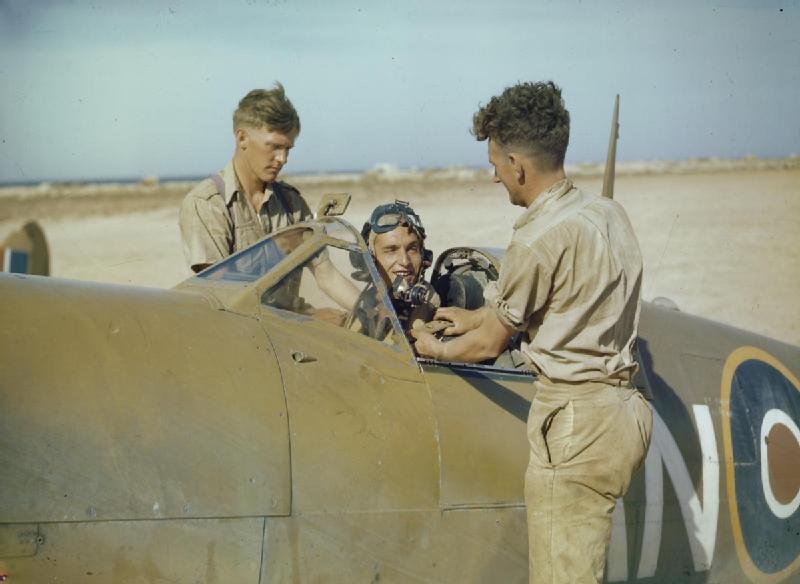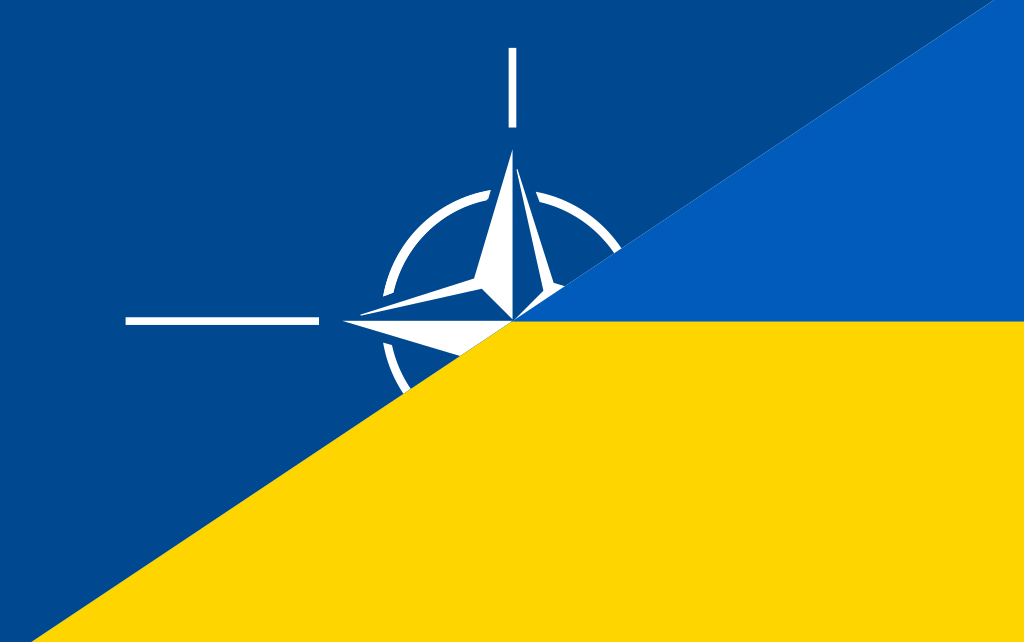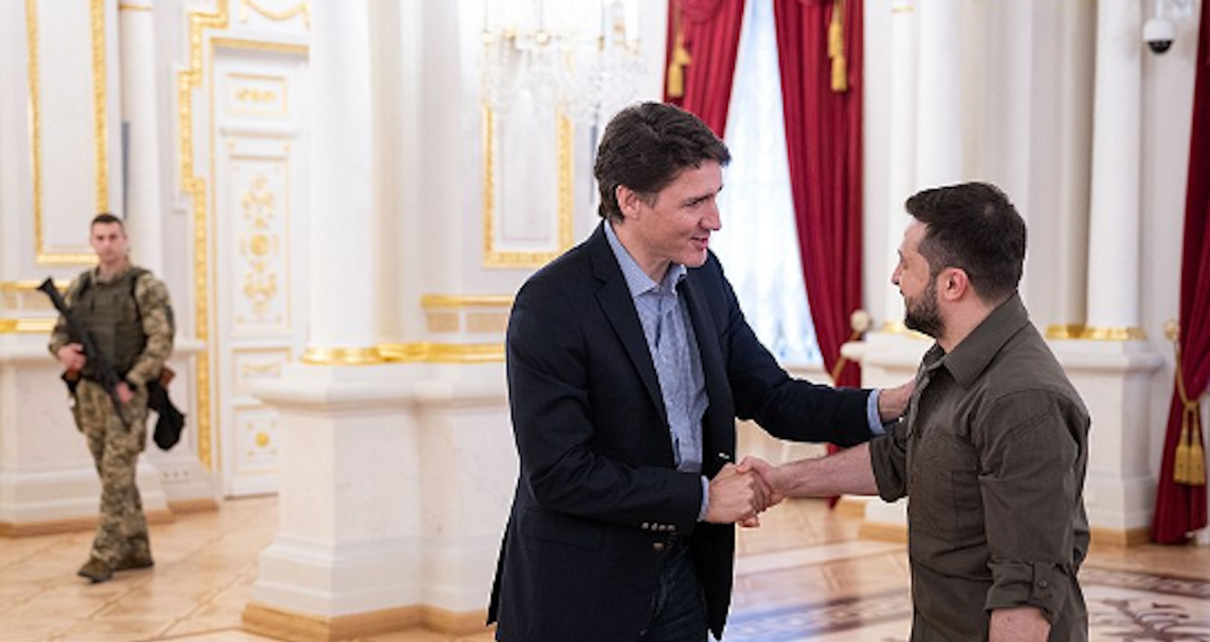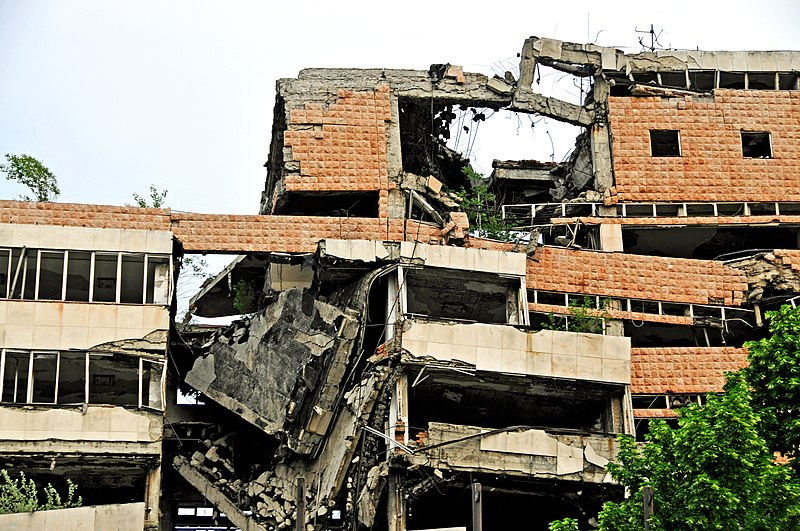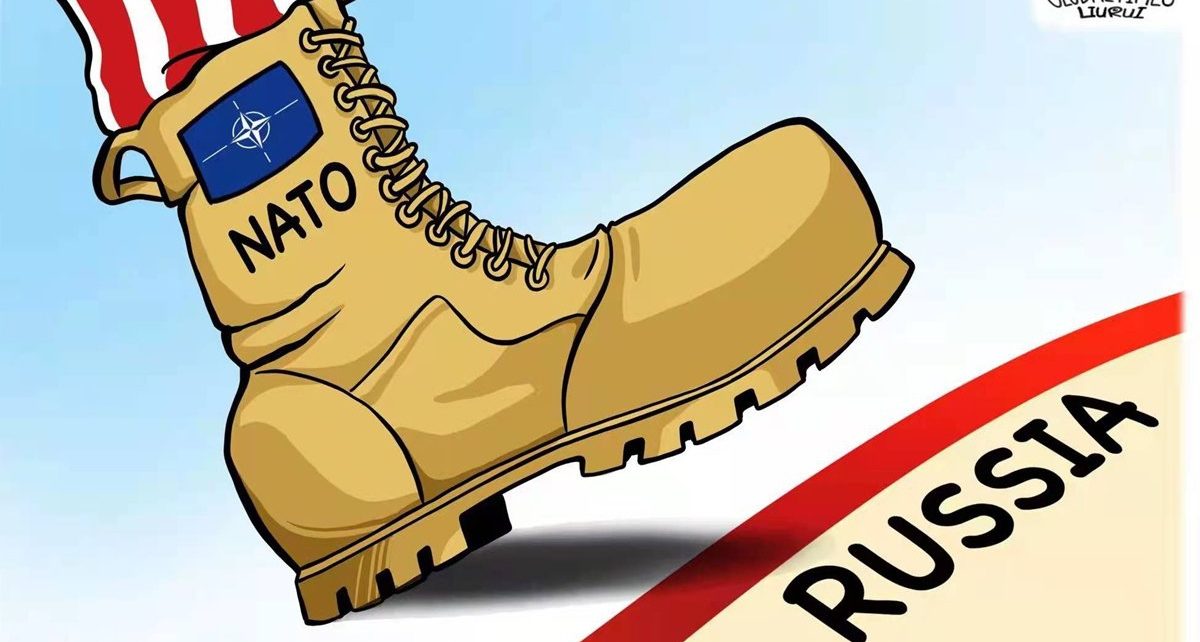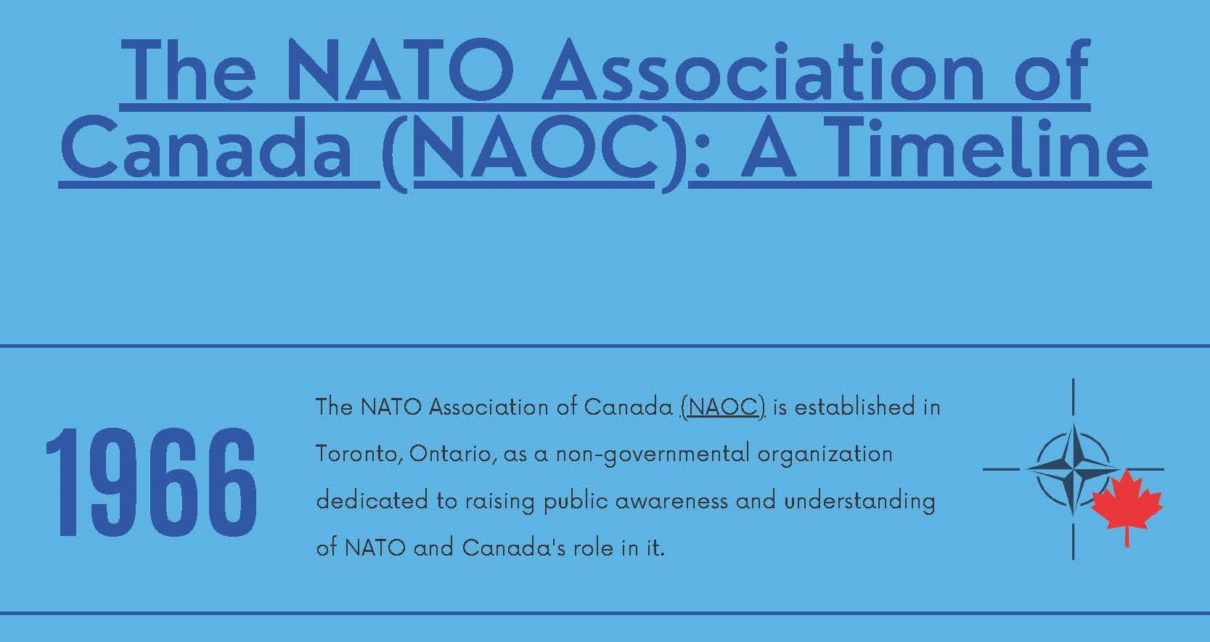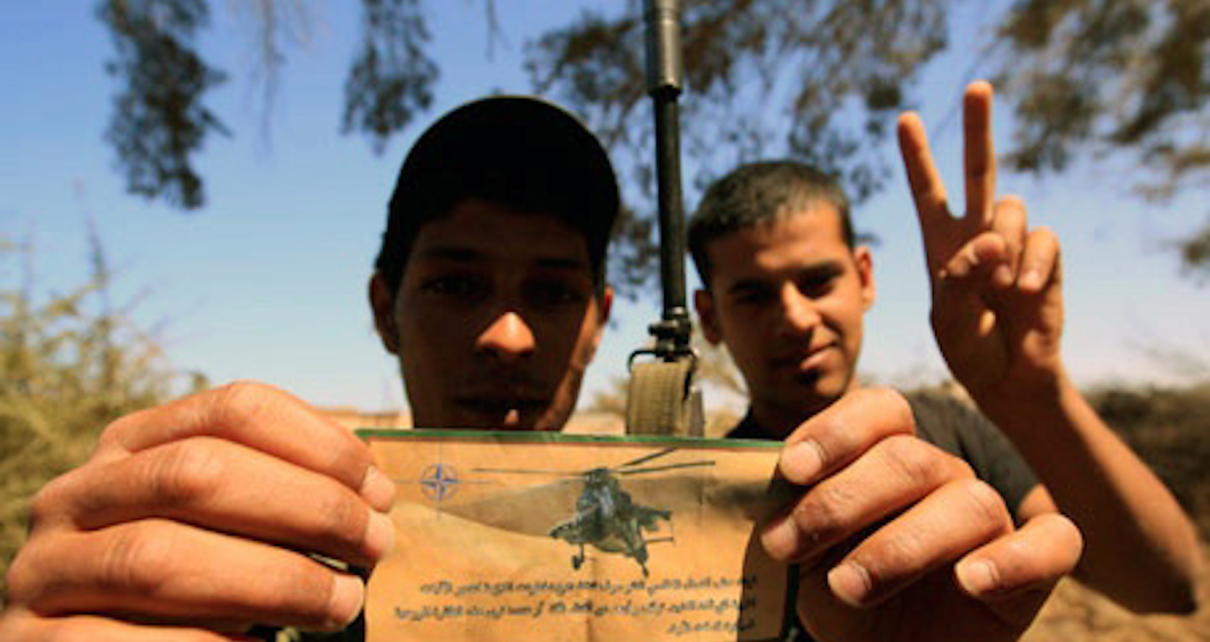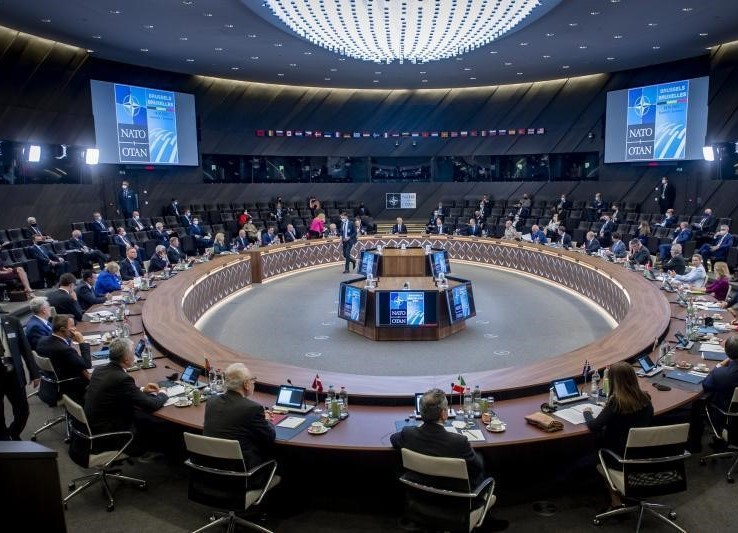Introduction NATO and the African Union (AU) have had a cooperative relationship since 2005. The collaboration began with logistical and airlift support for the African Union Mission in Sudan and has since grown to include training assistance, structural assistance, and liaison and coordination activities in other African countries. However, the humanitarian consequences of such operations, Read More…
Author: Eseosa Lawrence
Why Are Tensions Between NATO and Russia So High?
Introduction A protracted history of political, military, and security tensions characterize the complex and tense relationship between NATO and Russia. Right now, there is a deficit of trust between NATO and Russia, disagreements over security, regional issues and significant military build-up on both sides. From an economic and political viewpoint, Russia perceives NATO as a Read More…
Should Canada Enhance Its Defence Posture Amid the Russia-Ukraine War?
Prime Minister Justin Trudeau had expressed concern that the risk of direct involvement by NATO forces in the ongoing conflict between Russia and Ukraine threatened to escalate tensions and lead to a wider conflict with Russia. However, since then, he has committed Canada to bolstering Ukraine’s war effort. This raises the complex issue of whether Canada should increase defence spending Read More…
Assessing the Justification for NATO’s Military Intervention in the Kosovo War: A Humanitarian and Political Analysis
This article presents a critical evaluation of Michael Ignatieff’s essay titled “Is Military Intervention Over Kosovo Justified?”, which features a written debate with Robert Skidelsky on NATO’s military involvement in the Kosovo War of 1998 through an exchange of letters. Ignatieff supports NATO’s intervention in Kosovo, while Skidelsky does not.
To What Extent Is the NATO-Russia Founding Act Being Violated?
The NATO-Russia Founding Act, signed in 1997, established a framework for NATO-Russia cooperation and outlined mutual respect and cooperation principles. This commitment includes recognising the sovereignty, independence, and territorial integrity of all states in the Euro-Atlantic region (including Ukraine) and refraining from using or threatening to use force against any state actor. In particular, Section Read More…
Canada’s Relationship with the United States: A National Security Perspective
This article looks at Canada’s proactive measures in the aftermath of 9/11, such as increased national security spending, efforts to protect critical infrastructure, and collaboration with the US, while also addressing the strain on US-Canada relations during the Trump administration
Assessing NATO’s Interventions in Afghanistan and Libya
This article examines NATO’s involvement in Afghanistan and Libya, assessing the motives and effectiveness of these interventions. Criticisms include a lack of coordination with stakeholders and potential economic conflicts among participating NATO members. The interventions aimed to promote security and stability but faced challenges. Lessons learned highlight the need for nuanced and context-dependent approaches in peace-building operations. The long-term impact of these interventions and their effectiveness remain subjects of ongoing debate.
Canada, NATO, and Collaborative Partnerships for Global Security and Peace with Inter-Governmental Organizations (IGOs)
The collaboration of NATO with various intergovernmental organizations (IGOs) such as the Organization for Security and Cooperation in Europe (OSCE), the Arab League, and the United Nations Office on Drugs and Crime (UNODC) is examined in this article. It emphasizes Canada’s participation in these collaborations, such as election observation missions, security measures in Iraq, peace efforts in the Israeli-Palestinian conflict, counternarcotics initiatives, and support for drug treatment facilities in Central Asia, highlighting the importance of NATO’s engagement with IGOs in advancing collective defence and promoting peace and security globally.

